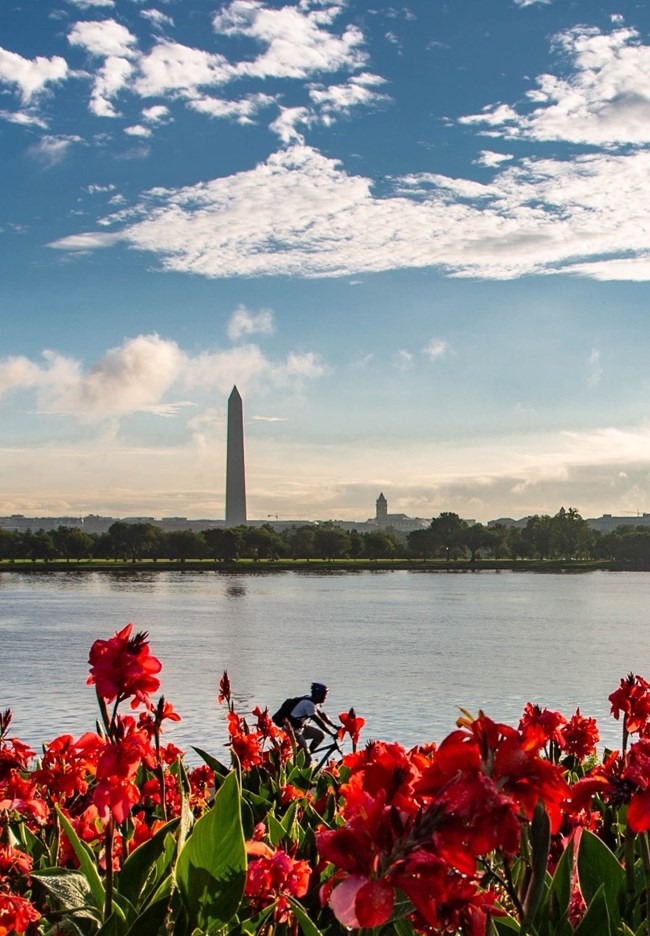Learn about NRCAs
The Natural Resource Condition Assessment (NRCA) Program provides framework, funding, and publishing support to parks to aid in the synthesis and documentation of natural resource conditions. Condition assessment reports are a tool to describe selected park resources, and record a snapshot of their current condition, identify trends, and identify potential or current threats and stressors. Understanding the condition and trend of natural resources is key for parks and NPS planners to appropriately prioritize and allocate stewardship resources.

Victoria Stauffenburg/NPS photo
Significant natural areas occur throughout the Parkway and are extremely rich both in biodiversity and in historical context. The park provides islands of refuge for many rare and unique plant and animal species in the highly urbanized Washington, D.C. metropolitan area, protecting a variety of cultural and natural resources, including plant community types found nowhere else on earth.
Traditional NRCA Report: 2016
In an effort to better understand the natural resources and processes within the George Washington Memorial Parkway, a Natural Resource Condition Assessment was written and published in 2017. This project was a collaborative effort between the National Park Service and Memorial Parkway staff and the University of Maryland. This team evaluated available data and chose indicators to evaluate the condition of four resource topics:
- Water resources |
||
- Biological integrity |
||
- Landscape dynamics |
||
- Air quality |
Natural resources in George Washington Memorial Parkway are in degraded condition overall and are under threat from surrounding land use, regionally poor air quality, and overpopulation of deer. Climate change is predicted to negatively affect many of the natural resources of the park, including increasing ozone levels and particle pollution, raising water temperature, changing forest composition, and affecting exotic species and forest pests and disease.
The natural resources of the parkway are challenged by multiple regional and local stressors. Air pollution from power plants, industry, and vehicle emissions result in reduced air quality through large regions of the central eastern seaboard of North America. Despite these findings, it is widely recognized that the parkway adds critical green space in an increasingly urbanized region, provides refuge for many species, serves as a migration rest stop for wildlife, and is a welcome escape from the traditional driving experience for motorists.
For other reports and natural resource datasets visit the NPS Data Store.
Source: NPS DataStore Collection 7765 (results presented are a subset). To search for additional information, visit the NPS DataStore.
Last updated: February 25, 2022
